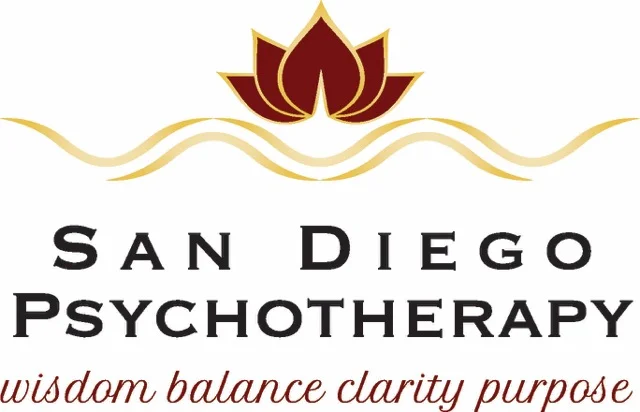By Annabelle Parr
As technology has expanded in the last couple of decades, the workplace has changed significantly. With laptops and smartphones, work can follow you outside of the office and into the hours outside of 9 to 5. While the upside of this shift is that there is now more opportunity for flexibility, the downside is that it can mean pressure to work non-stop. No place is sacred when the smartphone can ping you with an email anytime, anywhere. As a result of both the increased opportunity for flexibility and the increased opportunity for being forever on the clock, work life balance is tricky. How can we create balance between work and other important areas of our lives, like family, fitness, fun, etc.?
When work life balance becomes oppressive…
Though this question is certainly valuable and worth considering, the emphasis on work life balance also has the potential to become oppressive. Are you balanced enough? Have you created the perfect balance between working and spending time with your kids and your partner? Are you doing it all with a smile?
When we fuse with this ideal of work life balance – in other words, when we hold as a literal truth that we must equally balance our time between our work lives and the other aspects of our lives – we can lose sight of the original point behind the concept. We may find ourselves feeling increasingly stretched too thin. Rather than enjoying our so-called balanced lives, we may find ourselves feeling persistently inadequate, unsatisfied, and that we are failing in some regard.
Values-based living offers an alternative approach
So what can we do instead? We can construct our own personal definition of what it means to have a fulfilling, balanced life. Acceptance and Commitment Therapy (ACT) suggests that when we connect with our own personally chosen, deeply held values (rather than values imposed upon us, designed to please culture/other people, or driven by a “should”), we construct a compass which guides our decisions. Values are not the same as goals or outcomes, but are qualities of being, toward which we can strive in each moment. When we are conscious of and connected to our values, we are equipped with a why to drive our actions.
And once we know what matters to us, we can begin to prioritize the things that truly bring us meaning and fulfillment. We can gauge whether our lives are aligned with our values or out of sync, regardless of whether they live up to the ‘work life balance’ ideal. Then we can consider what (if anything) needs to change in order to better align with what’s really important to us. The beauty of this idea is that there is no one right way to structure our lives. To the extent that you have choices about your work and your time spent outside it, you get to decide what matters to you and what actions you can take in that direction.
How do we connect with our values?
There are a whole host of ways that we can get in touch with our values. ACT relies on experiential exercises and metaphors to teach psychological flexibility skills and to help us connect with what matters.
One exercise that can help you consider what is truly important to you is to try writing a summary of your own autobiography written twenty years from now. What’s the title? How do you hope to be described? What major accomplishments or milestones are noted? What stands out about you in your life story?
If you’d like to try a similar exercise, imagine what you would want people to say about you in your eulogy. This exercise may sound morbid, but in connecting with the finitude of life, we can reflect on how we want to move forward with our lives and how we want to engage with the present, rather than reflecting back with regret. How do you hope you will be described by the people that matter to you most at the end of your life? How do you want to be remembered? What do you hope you will have accomplished? How do you hope to have spent your time? Who do you hope to be?
If this activity feels too morbid for you, before you decide not to complete it, be present with and honor the feelings that show up when you consider the exercise. Those feelings may have something important to say…
Once you have done one (or both) of these activities, see what themes emerge. What matters to you? Who and how do you want to be? How do you want to spend your time? What do you want to bring to the world? You may notice some goals you have for your life, but see if you can step back from the goals and identify the qualities of being that you want to embody. These are your personal values. Now, consider how you can apply them to your life today. In what ways is your life consistent with or at odds with your eulogy or your autobiography? These are the areas in which you may want to consider making values-based changes.





